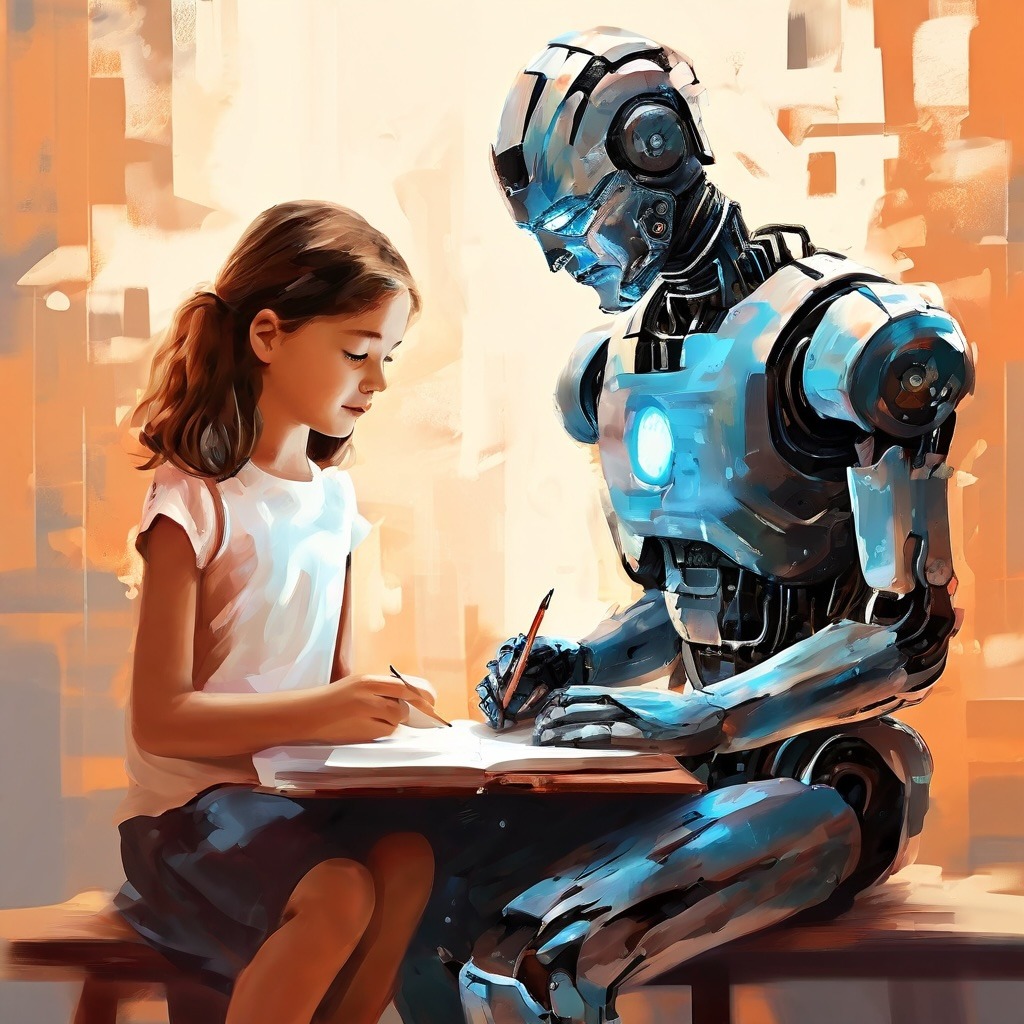Technology has revolutionized the way we live, work, and communicate. From smartphones to self-driving cars, we are constantly surrounded by innovative advancements. One area that is rapidly evolving is the field of writing. With the rise of artificial intelligence (AI) technology, the future of writing is set to change in ways we never thought possible. In this article, we will explore the potential of AI technology in the world of writing and how it can be harnessed to enhance our writing capabilities.
The Power of AI in Writing
AI technology is the simulation of human intelligence in machines that are programmed to think and act like humans. In the world of writing, AI has the ability to analyze data, recognize patterns, and generate content that is indistinguishable from human-written content. This has opened up a whole new world of possibilities for writers, allowing them to produce high-quality content at a much faster pace.
One of the most significant benefits of AI technology in writing is its ability to generate personalized and targeted content. With the help of AI algorithms, writers can create content that is tailored to specific audiences, taking into account their preferences and interests. This not only saves time and effort but also ensures that the content resonates with the intended audience, leading to better engagement and conversion rates.
Enhancing the Writing Process
AI technology is not only limited to generating content, but it can also assist in the writing process itself. With the use of natural language processing (NLP), AI can analyze and improve the grammar, tone, and style of writing. This can be especially beneficial for non-native speakers or those who struggle with certain aspects of writing. AI can also suggest alternative words and phrases, making the writing more concise and impactful.
Furthermore, AI technology can also help in the editing and proofreading process. With its ability to spot errors and inconsistencies, AI can save writers time and effort in the tedious task of proofreading. This allows writers to focus on the creative aspects of writing, leaving the technical aspects to AI.
The Ethical Implications
While the potential of AI technology in writing is exciting, it also raises ethical concerns. As AI becomes more advanced, there is a fear that it may replace human writers, leading to job loss and a decline in the quality of writing. However, it is important to note that AI technology is not a replacement for human creativity and emotions. It can only assist and enhance the writing process, not replace it entirely.
In conclusion, the future of writing is bright with the integration of AI technology. It has the potential to revolutionize the way we write, making it more efficient, personalized, and impactful. As we continue to embrace the power of AI, it is crucial to also consider the ethical implications and ensure that human creativity and emotions are not compromised. With the right balance, AI technology can take writing to new heights, benefiting both writers and readers alike.





